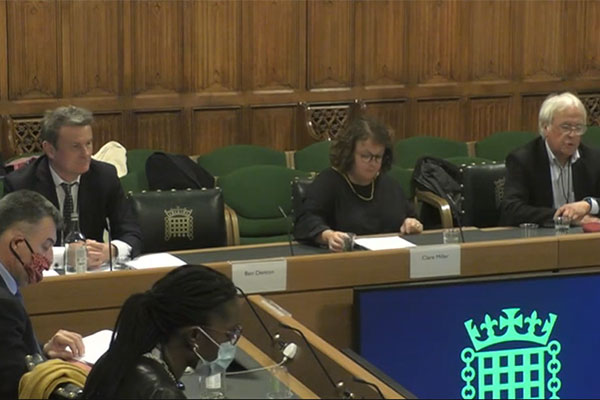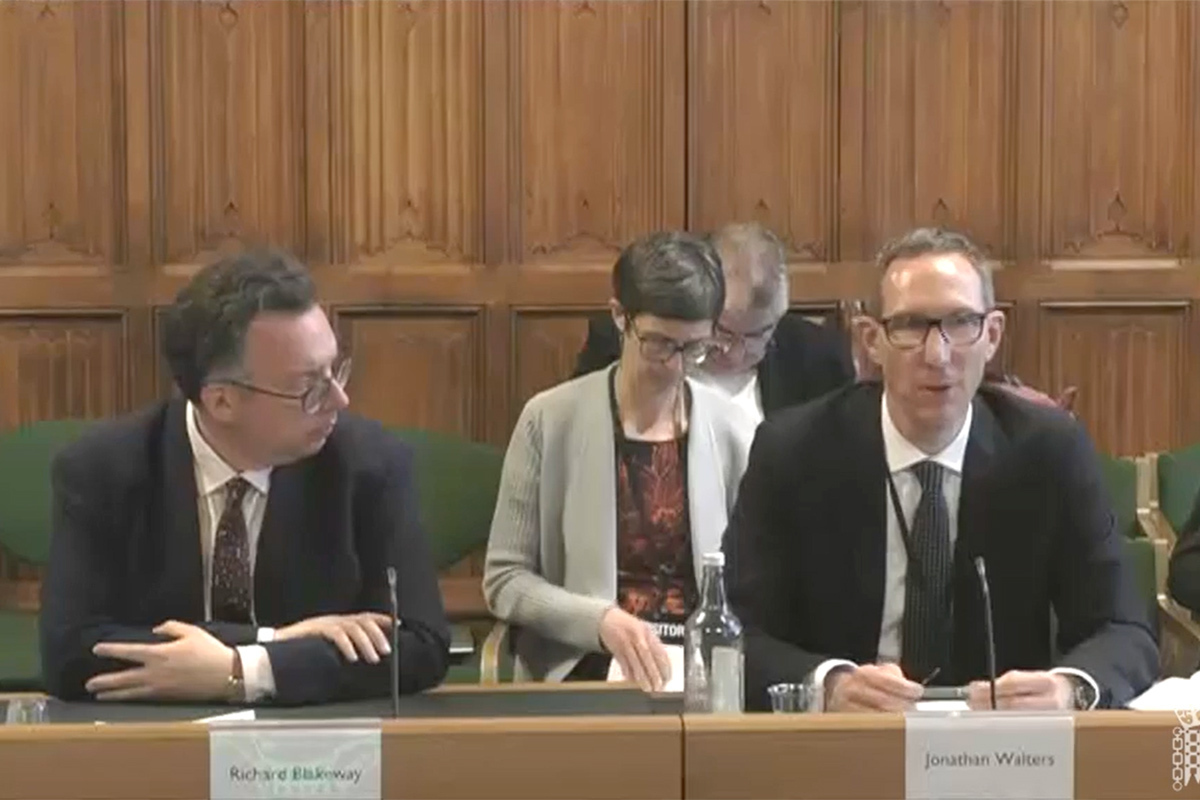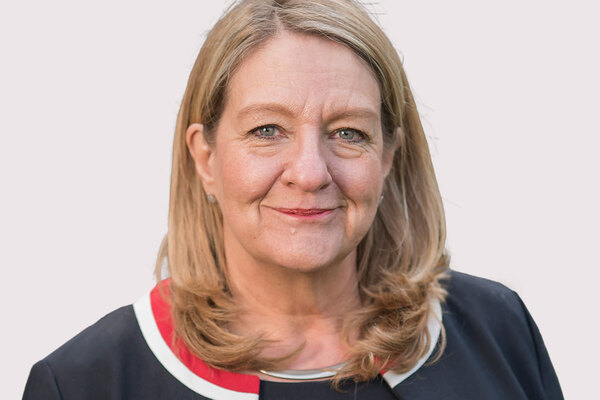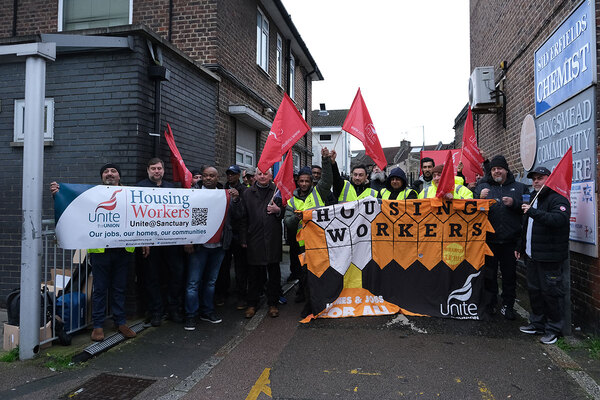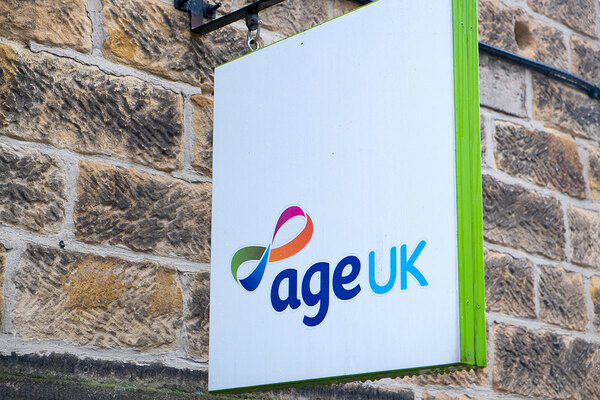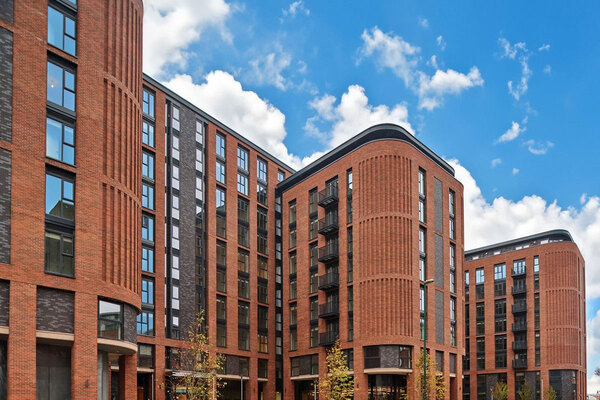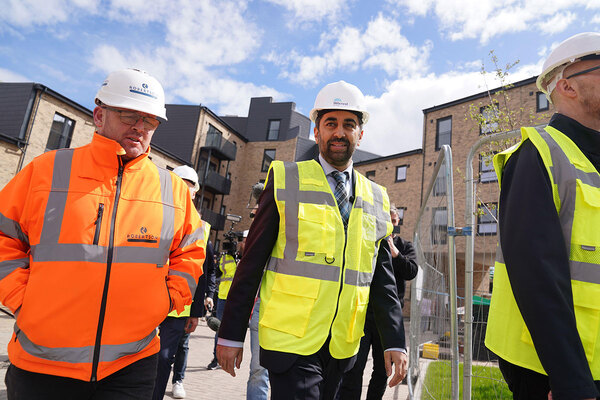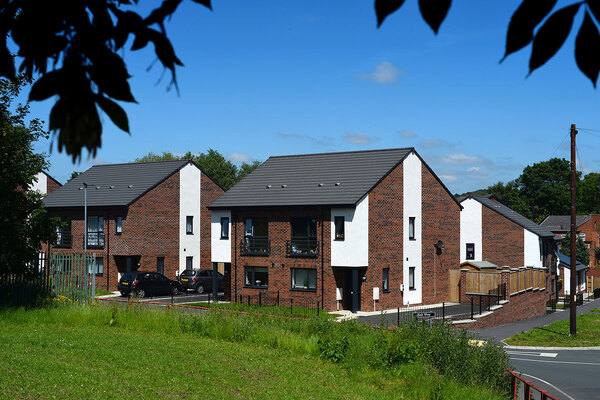You are viewing 1 of your 1 free articles
Minister expects regulator ‘not to differentiate’ between for-profits and housing associations when handing out fines
The minister for rough sleeping and housing said he does not expect the English regulator to differentiate between for-profit providers and housing associations when handing out fines.
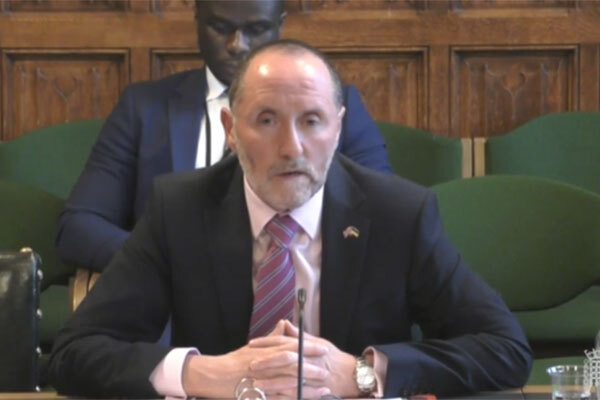
Eddie Hughes made the comments to the Levelling Up, Housing and Communities (LUHC) Committee on Monday in the final oral session for its inquiry into the regulation of social housing in England, during which he was grilled by MPs.
It comes after another session during which Jonathan Walters, deputy chief executive of the Regulator of Social Housing (RSH), said he did not think fining not-for-profit associations or councils would be as effective in sanctioning them for not meeting consumer standards.
It came after he admitted that fining for-profit providers “might be a useful tool” as it would “concentrate the minds” of shareholders.
The RSH has powers to fine social housing providers for breaches, but it does not generally use them.
There is currently a £5,000 cap on the fines, but the Social Housing White Paper included a proposal to enable the regulator to issue uncapped penalties.
Clive Betts, chair of the LUHC Committee, asked Mr Hughes: “The regulator has indicated to us in evidence that they don’t like fining not-for-profit organisations.
“But they are indicating they probably will go hard at for-profit organisations in the sector.
“Do you accept that would be a fair way for the regulator to act? Would it be a legal way to take a different approach to fining for some organisations, not others, depending on their legal status?”
Mr Hughes replied that “on one hand” he understands the motivation behind the approach.
“Which is, if you are taking money off a not-for-profit provider then all you’re doing is taking away money that they might otherwise use to support tenants, build new houses and so on,” he said.
However, he added that for-profit providers are only responsible for a small proportion of social housing.
Mr Hughes said he would “like to see a world” where the regulator does not need to levy a fine and “we need to have pushed them and determined that they’ve improved their performance as much as possible before we get to that position”.
Mr Betts asked: “The government is lifting the cap for a purpose… does it expect the regulator to fine all types of housing associations?”
“I would not expect them to differentiate between the two,” replied Mr Hughes.
He added: “Given the proportionality… the fact that 95% of the sector is not-for-profit, then that [fining just for-profits] would seem like an odd approach.”
Earlier in his evidence when asked what his view was on the poor and unacceptable housing conditions highlighted by ITV News, Mr Hughes said it comes down to “respect”.
He added: “Regardless of the number of cases that we’re seeing, one case of the type that we’ve seen, houses that unhabitable is simply not acceptable.
“And so we need to ensure collectively as a government, as a sector, the regulator and social housing providers, we are all committed to the single task of making sure that people have somewhere safe to live that they can call home.
“I think that’s the essence of this point, which is we all think of home as somewhere where we do feel safe and secure, somewhere that we like to return to at the end of the day.
“And in some of the appalling cases that ITV have highlighted, that clearly isn’t the case.”
Sign up for our legal and regulation newsletter
Already have an account? Click here to manage your newsletters
